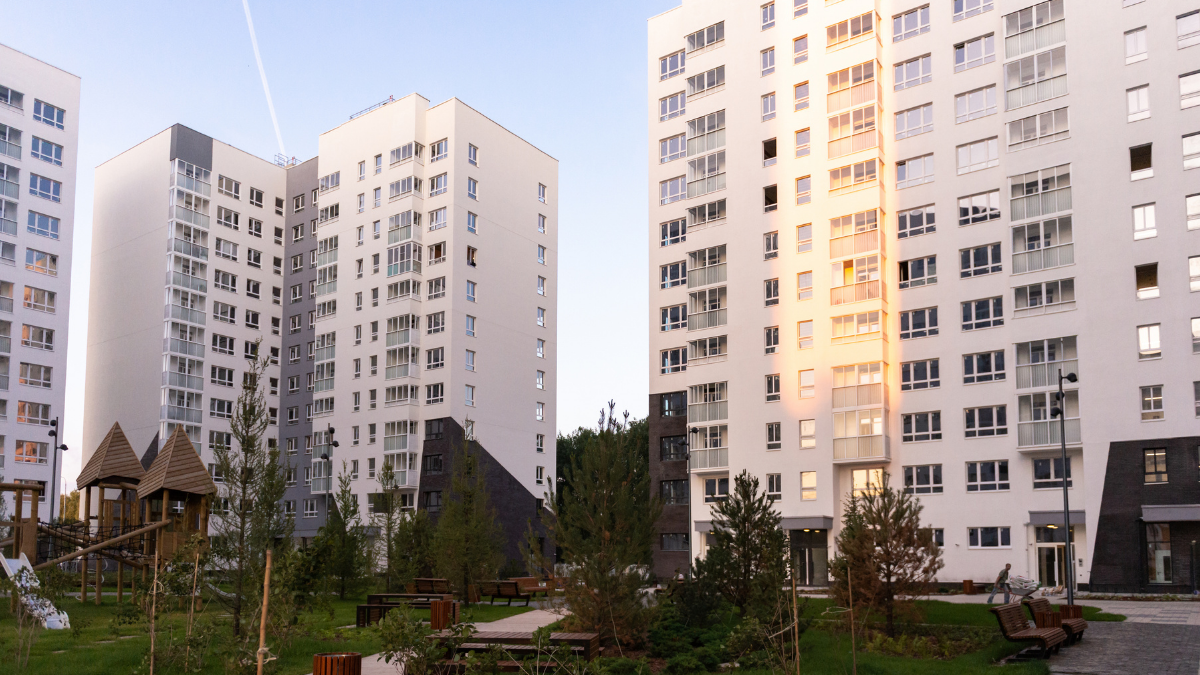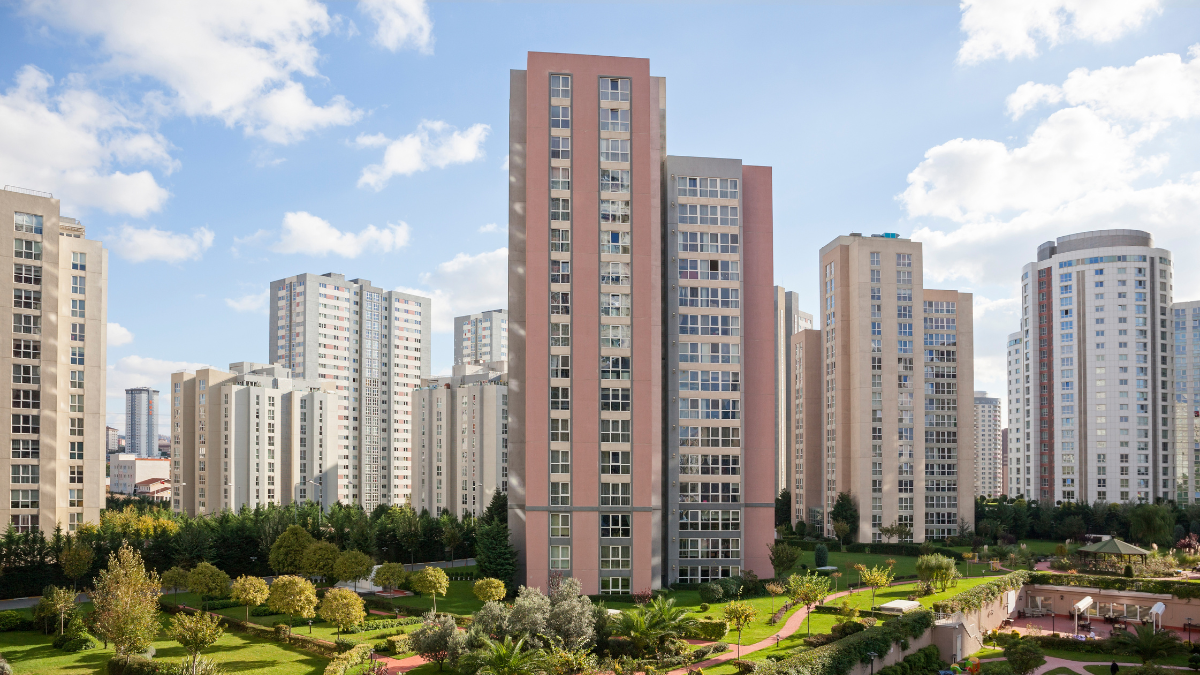
What is a Freehold Property? How is it Different from Leasehold Property?
April 25, 2022 . Real-Estate Industry . 10 min readWhat is the meaning of freehold property? What is the difference between freehold and leasehold properties? Do they both have their distinctive benefits? Let’s find out.
You can own a property in two forms: freehold and leasehold.
You must have heard phrases like, “this hospital got the land on a 99-year lease,” and such. What does that mean?
When you have a freehold property, you completely own the land and the space over it. The ownership completely belongs to you. Depending on the bylaws of the jurisdiction and the municipality, you can build any type of house or structure you feel like on a freehold property or a freehold piece of land. You can dismantle an existing house. You can build new floors. You can build more rooms on the area where construction hasn’t been done yet. Basically, you’re free to do anything as long as it is legal.
What about the leasehold property?
In the case of a leasehold property the ownership of the piece of land or the apartment remains with the owner, and you get the right to construct or live in the apartment for the period specified in the lease document. The lease period is normally 30, 60, or 99 years, and it can also be extended to 999 years.
A freehold property is often preferred for the purpose of living and a leasehold property is preferred for commercial purposes.
Advantages and disadvantages of owning a freehold property
Benefits of a freehold property
As the term is self-explanatory, the property that is legally “free from hold” is a freehold property. The owner can use the freehold property for any purpose as per the regulations. There is no time limit as to how long you own the property – it belongs to you and then it belongs to your progeny.
As a freehold property owner, you don’t have to pay any ground rent. You’re not obligated to inform anyone if you want to make some structural changes. The paperwork is simpler if you want to sell the property or even if you want to lease it to someone else. The property is easily transferred from one generation to another, in most of the cases, automatically. There is no chance of the lease running out.
What about disadvantages
Since you are completely responsible for the property all the expenses, big or small, must be borne by you. There is no landowner to take care of the property in case something happens or if the property falls into some legal issue. You are completely responsible for maintaining and keeping the property functional. Comparatively, buying a freehold property is expensive compared to buying a leasehold property.
Why would you choose a freehold property?
Below are the reasons to choose a freehold property:
- You want to buy the freehold property as an investment.
- You want to have a comfortable living environment for your family without obligation to someone else.
- You need a bank loan to buy the property.
- You want to rent the property or lease it in future.
- You plan to build additional rooms or floats in the future.
- You would want to use your property as collateral when getting a loan.
Advantages and disadvantages of owning a leasehold property
The advantages and disadvantages of owning a leasehold property are illustrated below:
Benefits of owning a leasehold property
Although unlike freehold property you don’t completely own the land upon which your house or apartment is built, buying a leasehold property comes with its own benefits. You’re not responsible for the bigger expenses of the leased property.
Buying land and then building property over it can be an expensive undertaking. Instead, if you take the land on lease, you can save substantial amounts of money. The upfront project cost is much lower when the land acquisition cost is eliminated. Even the residential properties built over the leased land, for example an apartment in the residential complex, is comparatively cheaper than a freehold house. A centralized authority takes care of the property and most of the facilities are offered by the landowner.
Disadvantages of a leasehold property
The disadvantages are that you don’t fully own the property and it may be difficult to pass on the property to your future generations. Buying and selling of leasehold property is a bit complicated because aside from buyer and seller, the third party, the owner of the property, is also involved. Getting a loan for leasehold property or using the leasehold property as collateral for obtaining future loans, can also be a problem.
Why would you choose a leasehold property?
Below are the reasons to choose a leasehold property:
- The property is situated at a place where you cannot afford fully owning it.
- You don’t want to get into any legal hassles at any point of time.
- You are simply looking for land in a commercial area to run your business operations on.
- You don’t want to bother with overhead expenses.
- You don’t want to tie yourself to the property and want to enjoy the freedom of moving whenever you feel like.
Conclusion
Which is a better option? Going for a freehold property or a leasehold property? Both have their pros and cons. Whether you want to buy a freehold property or go with a leasehold property depends on how you plan to use the property. Is it an investment? Do you want to freely build and extend the property? Then get a freehold property. You don’t want to spend lots of money on the land? You are not interested in expanding the property according to your family needs and personal tastes? Maybe you should explore some leasehold property options.






